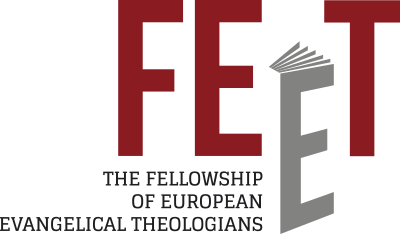The Munich Betrayal and Today
On September 30, 1938, in what came to be known as the Munich Betrayal, the British Prime Minister Neville Chamberlain and the French Prime Minister Édouard Daladier signed an agreement with Adolf Hitler which allowed Hitler to take the Sudetenland, which was part of Czechoslovakia. The Czechs and Slovaks were not represented at the meeting and the agreement broke previous mutual defence agreements between the UK, France and Czechoslovakia. In the months after the betrayal, the Nazis took control of all of Czechoslovakia. They used the massive amounts of weapons, ammunition and vehicles they captured to conquer Poland and France in the following years.
Prior to the Betrayal, the German/Swiss Protestant theologian Karl Barth wrote a letter to Professor Josef L. Hromádka (1889–1969), a theologian serving the Czech Protestant churches. Barth was well known for his courageous repudiation of the Nazi ideology, which had cost him his professorship in Germany and got him deported. Some of Barth’s colleagues lost their lives as a result of their resistance to the Nazis.
Professor Thomas Johnson first read this letter in 1982. Though published in German and Czech, it may have not been translated into English. Johnson and his Czech colleague Pavel Černý have now retrieved the letter and translated it. Johnson says: “I have often disputed themes in Barth’s writings, but this is pure gold.”
Letter from Karl Barth to J. L. Hromádka
Dear colleague, thank you very much for the lines you wrote to me on the occasion of my mother’s death.
Let me take this opportunity to tell you what sincere sympathy we have felt all these weeks and how in recent days we have been thinking in a very special way about you, your people and your country. If you can now think of only one thing, day and night, then you can be assured that my thoughts are always with you before the same question.
What is actually most terrible is not the torrent of lies and brutality pouring out of Hitler’s Germany, but the possibility that it may be forgotten in England, France, America and also here in Switzerland: that the freedom of your nation stands or falls today, as far as one can judge, with the freedom of Europe, and perhaps not only of Europe. Has the whole world come under the bewitching power of a huge serpent? Must post-war pacifism really end in such a terrible paralysis of courage to decide? It still seems – I am writing this on Monday, September 19 at noon – that the Western powers have not said the worst and have not given their consent to Germany’s absurd demands.
But what if that consent is given? Will your government and your nation then remain firm? I see clearly what an endless burden and suffering you would take upon yourself. Still, I dare to hope that the sons of the old Hussites will show overly soft Europe that there are still men in the world. Every Czech soldier who then fights and suffers will do so for us as well, and – I say this today without reservation – will do the same for the Church of Jesus Christ, which in the fog surrounding Hitler and Mussolini will either sink into ridicule or be exterminated.
These are strange times, my dear colleague, in which one cannot speak in his right mind except that it is inevitable for faith to resolutely put the fear of violence and the love of peace in the second place and just as resolutely to put the love of freedom in the first place! I cannot suppress the hope that if Prague will remain firm, then perhaps London and Paris will also remain firm.
I hate to think about the possibility of Russian help, because even if effective, it would be a case of exorcising the devil by Beelzebub. But do we know the plans and purposes of God’s Providence which will be accomplished in all these things? Only one thing is certain: that what can be done on the human side for defence, must be done today on the borders of Czechoslovakia, and that the good conscience with which it will be carried out – and also its final success! – depends on the fact that there will be as many people as possible who will place their trust not in men, statesmen, cannons and planes, but in the living God and Father of Jesus Christ.
Finally, not the least of your concerns: remind your people again and again of the Word of God as the only comfort in life and death in this difficult present and before an even more difficult future. The German battalions may be stronger, but I do not know how or from where they could have this certainty, which is, in the last analysis, the only important and decisive certainty.
How does everything take shape before this letter is in your hands? Do not forget to tell all my friends in your country that I am with you with all my heart. Every greeting and every word that you can still write to me will be important and precious to me.
Today more than ever connected with you,
Yours,
Karl Barth
September 19, 1938

